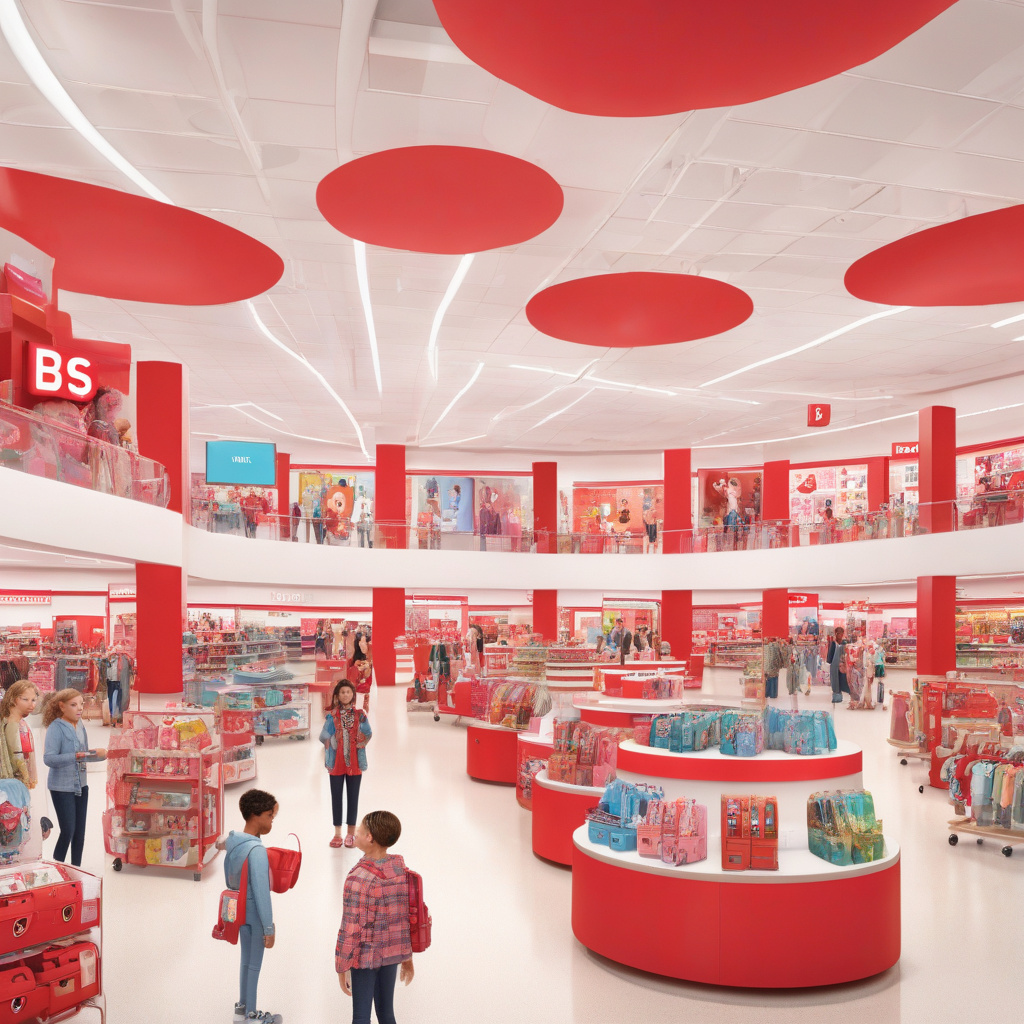Target Brings Back BTS Personalization Stations at 500 Stores
As the back-to-school season approaches, Target has made a strategic decision to rekindle its personalization stations, providing a unique opportunity for students to customize their school and dorm essentials. This initiative is set to take place in nearly 500 Target locations across the United States, effectively doubling the number of stores that hosted similar events last year.
This move is not just about adding a fun twist to shopping; it reflects Target’s commitment to enhancing customer experience and tapping into the growing trend of personalization in retail. With customization becoming increasingly popular among consumers, especially in the youth demographic, Target aims to cater to this demand while boosting sales during a competitive shopping season.
The personalization stations will allow students to add their names, initials, or even custom designs to a range of products including backpacks, notebooks, and dorm accessories. This hands-on experience not only engages customers but also creates a memorable shopping experience that can lead to increased brand loyalty. For many young shoppers, personalizing their items is about more than just the product; it’s an expression of identity and individuality.
Moreover, Target’s return to personalization stations aligns with its broader strategy to attract families during the back-to-school period. According to a survey conducted by the National Retail Federation, back-to-school spending is projected to reach $37 billion this year, with families planning to spend an average of $848 on supplies, clothes, and electronics. Target’s initiative to provide personalization options can help the retailer capture a larger share of this market by offering something distinctive that competitors may not provide.
Target is also leveraging social media to promote this initiative. By encouraging customers to share their personalized items on platforms like Instagram and TikTok, Target can create a buzz around its stores and attract more foot traffic. This form of organic marketing capitalizes on the visual appeal of personalized items, making it more likely to resonate with potential customers.
Furthermore, the timing of this initiative is crucial. As students prepare to return to school or head off to college, the need for essential supplies becomes a priority for families. Target’s personalization stations can serve as a key differentiator in a crowded market, offering a unique shopping experience that competitors like Walmart and Amazon may struggle to replicate.
Additionally, the return of these personalization stations can help Target reinforce its brand identity as a community-focused retailer. By organizing events that engage local customers, Target fosters a sense of belonging and loyalty that is essential in today’s retail landscape. Local events not only enhance the shopping experience but also encourage customers to return to their local Target stores, potentially increasing overall sales.
To further capitalize on this trend, Target could consider expanding the personalization options beyond just school supplies. Introducing customizable items in other categories, such as apparel or home decor, could provide additional revenue streams and keep customers engaged year-round. For instance, offering personalized kitchenware or seasonal decor could attract customers looking for unique gift options during the holidays.
In conclusion, Target’s decision to bring back personalization stations at 500 stores is a smart move that taps into the current consumer desire for unique, customized products. By enhancing the shopping experience and fostering customer engagement, Target can strengthen its market position during the critical back-to-school season. This initiative not only provides a competitive edge but also reinforces the brand’s commitment to meeting the evolving needs of its customers.
#Target #BackToSchool #Personalization #RetailTrends #CustomerExperience
